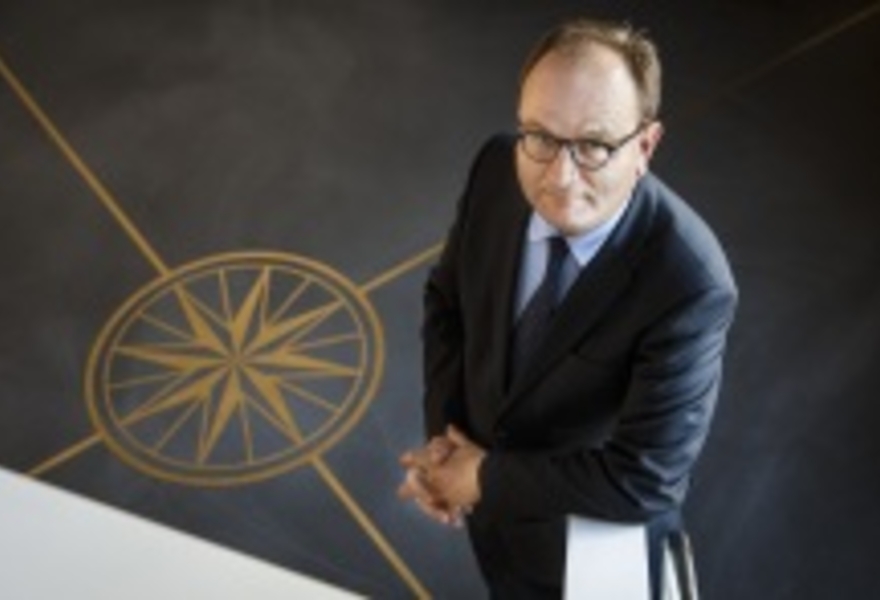Edenhofer gives commentary on Naomi Oreskes in "Tanner Lecture"
After a lecture by the renowned historian of science Naomi Oreskes in Princeton, the MCC Director outlines the importance of assessments for social discourse.

[Translate to EN:] Foto: MCC
02.12.2016
In the context of the prestigious "Tanner Lectures" at the U.S. University of Princeton, Naomi Oreskes, Professor of Science History in Harvard, gave a much-lauded lecture. In her presentation she discussed the question of whether and why the public should trust scientific knowledge. Afterwards, Ottmar Edenhofer, Director of the Mercator Research Institute on Global Commons and Climate Change (MCC) and Chief Economist at the Potsdam Institute for Climate Impact Research (PIK), gave a commentary.
Oreskes' lecture was motivated by the observation that more and more people are distrustful of science—may it concern climate change, vaccination or the theory of evolution. Opinions different from scientific consensus, she pointed out, are mostly propagated by organizations that are interested in profit and not primarily in the production of knowledge. In this respect, skepticism is justified against the "scientific findings" of, for example, the petroleum industry. Our credence in independent institutes and scientists, on the other hand, should be greater, because the social practice of mutual criticism and control can lead to a consolidated body of knowledge.
As emphasized by Edenhofer, disputed complex topics such as climate policy require both reasonable strategies for decision under risk and uncertainty and more sophisticated processes for knowledge generation. In order to enable society to have a constructive discourse, Edenhofer underlined that science needs to identify and present different pathways. These could be explored through so-called assessments, which are developed and researched at the MCC. The approach here is to show politics—and the public—the various scientifically grounded solution paths and point out their opportunities and risks as well as implicit normative assumptions. This enables an open social discourse and initiates a common social learning process. By the open way of dealing with scientific knowledge, it is also prevented that more and more people turn away from science.






